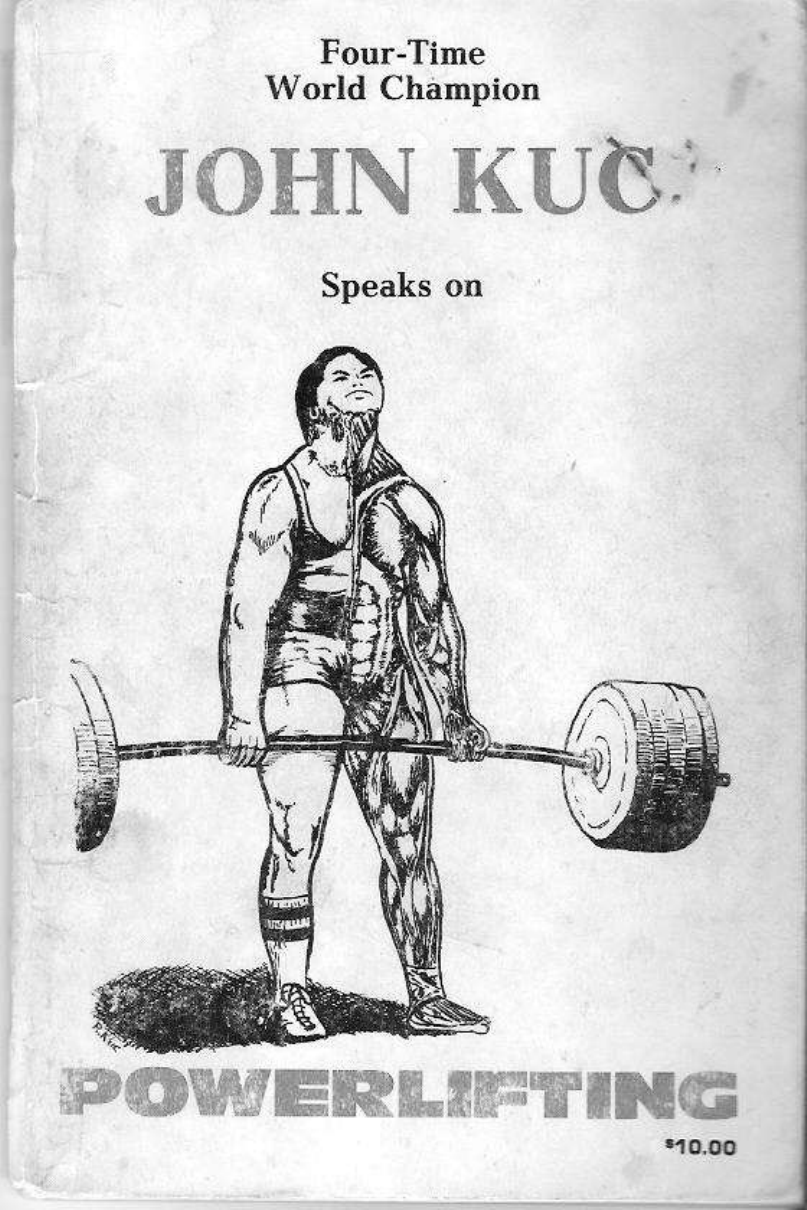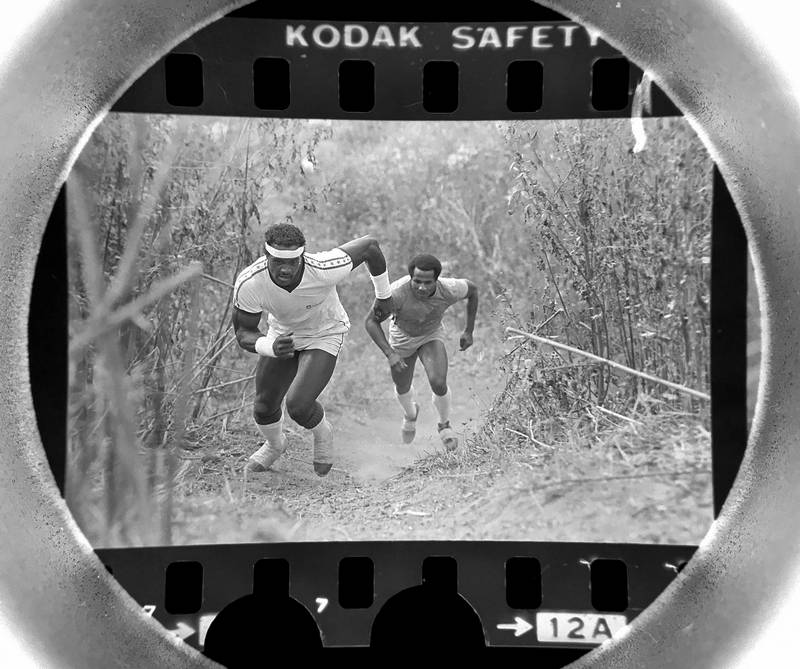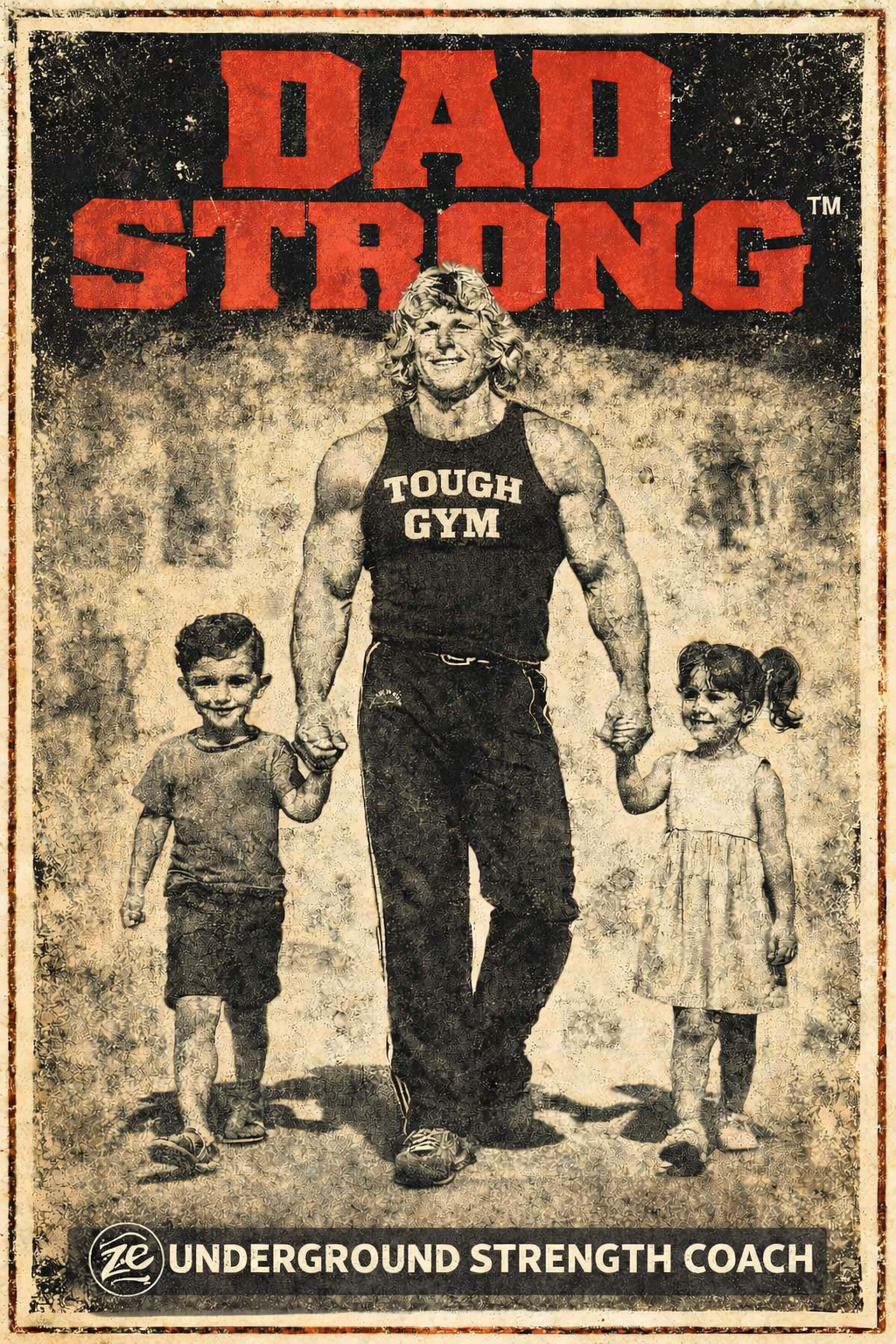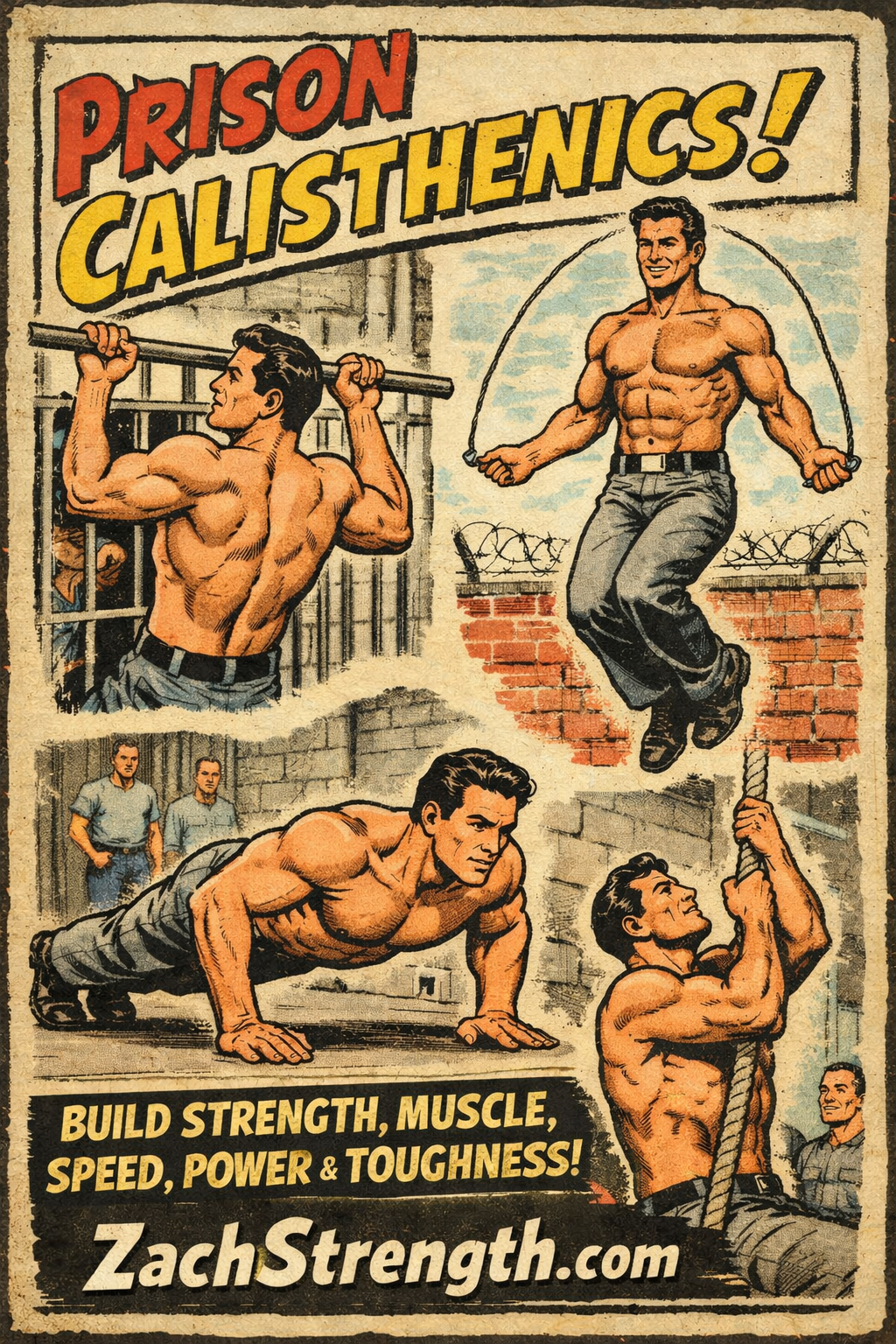
Mental Toughness.
Here we go again. One of the most overused phrases in the coaching world. What is it? How do you help athletes "Get Tough" and why is it even important?
Well, being a kid who grew up in the 80s and experiencing countless training styles and coaches, I am smart enough to see the changes and the evolution. And with all this experience comes a lot of mistakes and knowledge. What worked in the 80s and 90s doesn't always work today.
As a high school athlete, my coach constantly shouted, "GET TOUGH!" There was no explanation behind it, you simply had to figure it out. You saw that the guys who were winning in athletics were tough. They were also strong. You saw them hitting the weights all the time. Success leaves clues.
Today......
Who do kids look to? Louie Simmons often says, "Kids today have no heroes." Meaning, as a kid, you saw photos of your favorite Football player running hills that looked like hell. Today your favorite football player is tap dancing around cones.

When's the last time you heard a pro athlete talk about pushing himself to the limit like Walter Payton in the above video?
I've coached at the D1 Level, the high school level and of course, with my own private facility, The Underground Strength Gym. I've had athletes from age 10 all the way to adults in their 60s. With over 20 years of coaching experience, you pick up on what works and what doesn't. And as a Coach, if you don't evolve, you're either getting fired or going out of business.
And I will tell you straight, the athletes of today have evolved. They are NOT like the kids of yester-year. I am not saying that every kid was tough in the 80s and 90s. You've always had weak kids, fat kids, etc.
And although "mental toughness" is a phrase thrown around quite often, and many don't even understand what this means, something I am realizing everyday is this:
The Athletes of today STILL need to get Tougher.....
No matter the level, I see athletes who are just there, taking up space. It's a strange phenomenon, but even at the highest levels, you have these strange athletes walking around, just taking up space.
I also see athletes who are very athletic and have tremendous potential, but when the going gets tough, they always crumble under pressure.
And then we have the rare few. These athletes are the ones you love to be around because they will run through a brick wall. You can always count on them. They love the challenge and enjoy the tough training / competition.
As a Coach, it is HEART BREAKING to see those select few athletes who are always making excuses, blaming others, skipping sets, skipping reps and just completely off course. The truth about these kids is that you will completely exhaust yourself if you are always trying to lift these athletes up. These kids can NOT be helped until they want to help themselves first and foremost.
The athletes we DO want to focus on are those who truly want to get better. Identify those athletes and then help them take their performance to new heights via proper training, nutrition and mindset training.
How do we do all this? And, on a deeper level, how do we do this safely? If you're in your 40s, did you ever hear about high school or college Football players dying during practice? What about getting Rhabdo? Probably not.
So why has it happened throughout the past 10-15 years?
I conversed with Matt Nichol in a recent STRONG Life Podcast and we addressed the building of mental toughness and how to do it safely. We compared it to how it was done TO us in the 80s and early 90s.
Before I share the video, here's a short list of safety tips when taking athletes through challenging training sessions that build the Body AND the Mind:
- Play the LONG game. Grit and Toughness don't happen overnight. Sometimes all it takes is taking an athlete out of his comfort zone for 1 set or 1 exercise during a training session.
- Always finish on a positive. If there is a challenging portion of the training session, don't let an athlete walk out feeling defeated. Instead, throw something in where the athlete finishes on a positive. This might be some high rep curls or letting them choose their favorite exercise. Compliment them on their EFFORT before they walk out so the athlete understands that Effort is something they can control AND it is noticed / rewarded when they go above and beyond.
- Give the athlete some small work to do on their own. Building Grit needs to come from within. If the athlete can only work when he / she has a Coach, they will never build a high level of toughness / grit.
- Challenge the athlete to a point where they CAN come back and finish strong. Do NOT break them to the point of quitting. Sure, this is WAY different than what I experienced as a kid. Our Coaches BROKE us down and rebuilt us. Probably similar to being in the Marines. Today, this does NOT work.
When an athlete is challenged and does not complete the task successfully (some might call this failing), you then need to explain how they can finish. Explain, how to take an extra step and not give up. This is the slow process of building athletes in the long run.
Here's an example: I am working with the Freshman Football players. At the time of this writing, they are 4 weeks into training. Last week we jogged around the Softball field, which is less than a 1/4 mile. Several of the boys could not finish the jog.
This is the state we are in with many athletes. So when they struggled, I told them, "Jog 10 more steps.....". That's all, I wanted them to take a few more steps so they did not finish the jog by walking and giving up.
Perhaps you've heard the quote, "How do you eat a elephant? One bite at a time."
This means that you need to take small steps rather than looking at the entire task which can overwhelm athletes of today. Are all athletes breaking? No. We've still got tough athletes, middle of the road athletes and of course, weak athletes.
As a Coach, it is our job to build them.
Now, when I look at the higher levels of coaching and athletics, I think about how many colleges are in the race of building the biggest, best weight rooms. More of this and more of that and more of everything. Yet I can still see some of the best athletes in the World training outdoors, using stones, using weight rooms that look more like prison yards......
Comfort is the enemy. Some can handle a lot of discomfort, some can handle just a little. I think about the high school I coach at as I am working to upgrade and update the room. It began with my cleaning, organizing and painting the equipment.
I fear that if it gets too nice in there, the athletes get spoiled. Sure, some will respect the upgrade and a new beautiful weight room, but many others will not. And so to this day, I STILL take athletes outside for training. I did this in my first 2 weeks when I coached the guys at Lehigh. Lehigh had just gotten a brand new building, it was a beautiful weight room and ALL too perfect.
I trained them outdoors with kegs, tire sleds and calisthenics. At that level, with a top 10 D1 wrestling team, we push the envelope. At the high school level, we slowly build them up and play the long game. In college, you don't have the luxury of time. And so the intensity climbs much higher.
The first time Lehigh Wrestling came to work with me, they traveled to The Underground Strength Gym. I remember the day, it was brutally hot and I coached them so aggressively, I recall feeling like I was going to vomit after the session.
It was intense and I NEVER felt that before from coaching!
The video below was about 2 months in when I was training them at their new facility. Usually, 15 minutes of those sessions were outdoors with sled drags and keg carries.
In the Video below, I break down why the perfect, most sophisticated weight room does NOT guarantee you will build the best athletes.
When the Coach is NOT the Main driver of intensity and effort and instead, the athletes are the leaders, you are definitely making progress. For example, at The Underground Strength Gym, on Wednesdays, sometimes I do something called "Wacky Wednesday". This is when I give the athletes a chance to create their own training for the day.
When we do this, our athletes put together some hellacious workouts. You'll see athletes putting together a training session with high rep squats or heavy deadlifts coupled with drop sets of the bench press. They are CHASING the work. They want the challenge! This is how you know the athletes are getting tough. They chase the work rather than fearing it
If I do this at my high school, the athletes are NOT mentally there yet. Given the freedom, they bench and curl instead of squat and deadlift. As a Coach, you must give athletes freedom and teach them how to make good decisions. This means, giving them the opportunity to make mistakes and learning how to correct those mistakes.
The athletes at The Underground? Their last Wacky Wednesday Workout was brutal, the reps range anywhere from 1RM to 20 reps and everything in between. Below is a sample session from Wacky Wednesday:
1A) Front Squat to a Box 5 x 3
1B) Box Jump 5 x 3
1C) Rope Climbs 5 x 2
2A) Thick Bar Bench + 2 Chains 4 x 20
2B) Landmine Press 4 x 8 / 8
3) Duck Walks 2 x 100 ft
4) Pull Ups 10, 9, 8, 7, 6, 5, 4, 3, 2, 1
I look at this craziness and it's a blend of Navy SEAL training + prison yard work! It is TOUGH and Crazy.
Sometimes, those perfectly organized training sessions need to get put aside. You need some craziness to build GRIT.
By seeing the videos above, you get an idea of some of what we do. Not a lot of standing around, lots of work and lots of challenging these athletes from both a physical and mental standpoint.
When I feel the athletes need a break physically / emotionally, we back off via auto regulation. For a warm up I give them freedom and let them go and play Ultimate Football. At my high school we'll be "Russian Basketball". If the basketball players are in the game I make them play with only their non dominant hand.
The running, jumping, cutting, etc is the best "speed and agility" training around. No cones and fancy bull shyt needed.
While many Coaches are shunning the work, they are not connected to what is needed in the real world. Athletes need to be strong and tough. Period.




